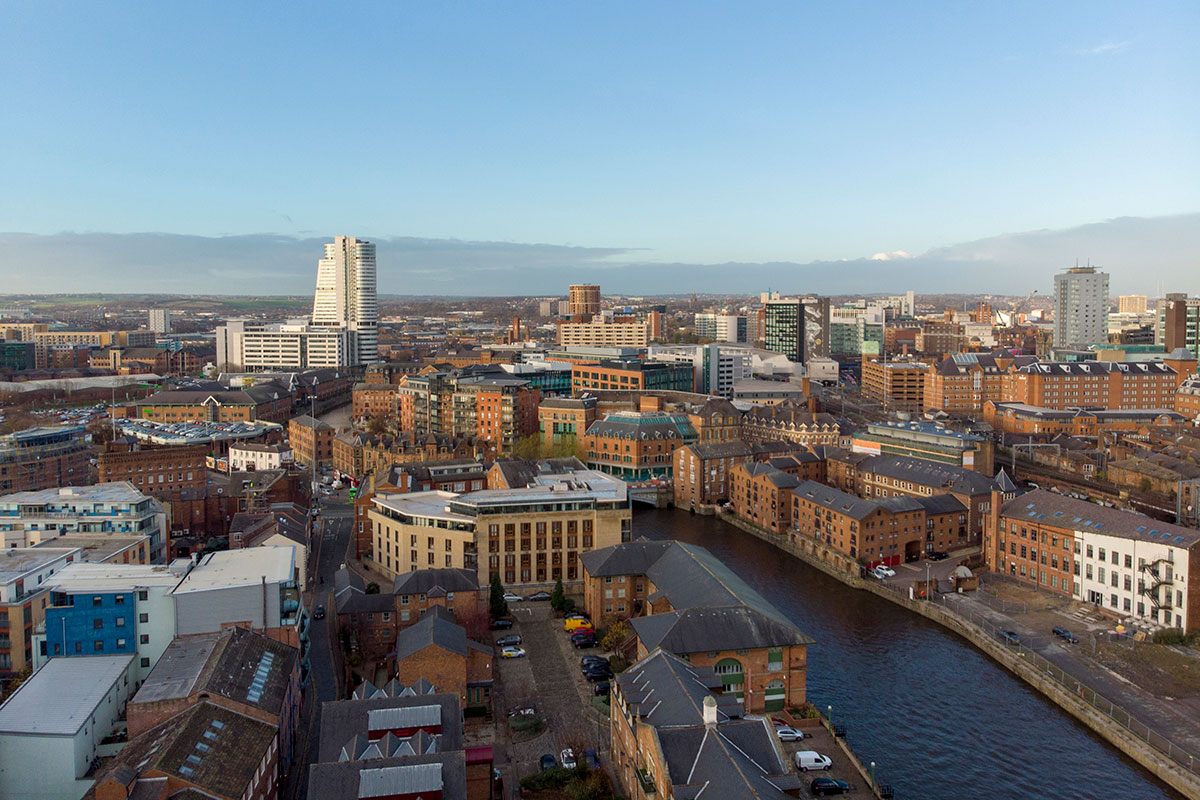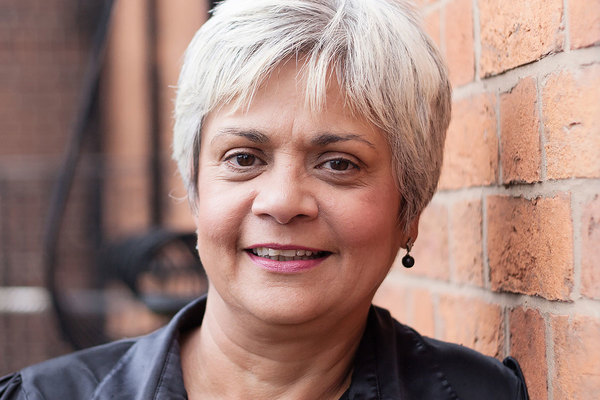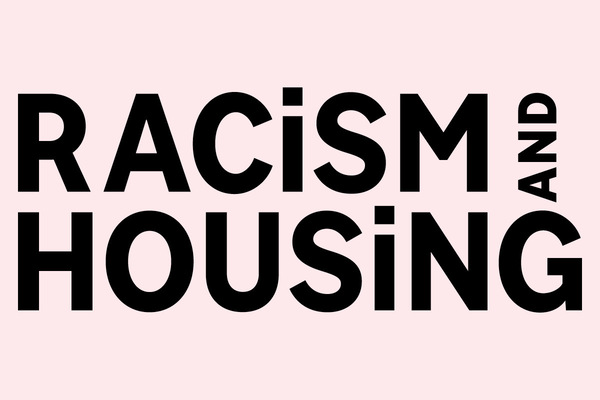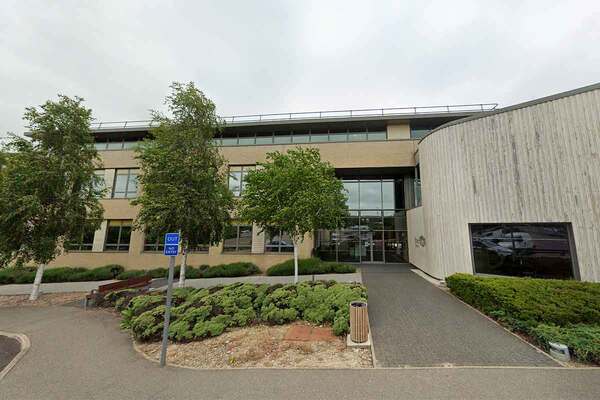You are viewing 1 of your 1 free articles
There is still a need for BME housing associations but with a new focus
Specialist Black, Asian and minority ethnic housing associations are still vital, but they may well have to shift and develop their focus, writes Cedric Boston, the new chief executive of Unity Homes and Enterprise
Even if the Sewell report is correct and Britain is no longer a racist country, there is still a need for BME housing associations.
Most were created in the late 1980s when the Housing Corporation saw value in diversifying the sector. BME activists set them up in response to BME people feeling they were being blatantly discriminated against when applying for mainstream social housing.
Let’s give Sewell his due. There has been significant progress in the sector. Most mainstream providers in multi-ethnic urban areas now have equality, diversity and inclusion policies to ensure fair and equal access and treatment for their customers. Delivering ‘culturally sensitive services’ is an aspiration of numerous housing associations, not just those in the BME sector, and many BME organisations no longer believe that retaining majority BME representation on boards, management positions and the workforce is essential to ensuring the needs of BME people are met.
Where this leaves BME housing associations and how they should respond to current BME needs are challenges that Unity’s board and staff have sought to address as we reviewed our BME status and social purpose.
Unity was founded in Chapeltown, Leeds in 1987. Its original social purpose was to tackle racial inequality by ensuring more BME people had access to decent housing.
In 1996, the association widened its remit. Until then, it was assumed that a decent home was a sufficient springboard for deprived households to transform their life chances and ascend the social ladder. In reality, it is just a safety net for the many households facing multiple barriers due to the effects of racial discrimination.
They needed greater help and support, including better access to employment, education and healthcare, as well as encouragement to seize opportunities.
In 1999, Unity acquired a business centre and began letting affordable business units to fledgling entrepreneurs. Later, it set up an employment and training service.
Unity has evolved internally, too. The rule that 70% of board members had to be BME was relaxed and we recruited new board members and staff who were committed to our social purpose and had the skills to do the job. While our tenant base is still 70% BME, it is gradually morphing to match the mix of people on Leeds City Council’s housing waiting list.
This path is consistent with our belief in diversity and our goal to reflect the cultural and ethnic mix of the areas we work in.
I am proud to say that Unity is now even more committed to our BME status and social purpose. Despite what Sewell found, we can see the same racial inequalities in society that were the catalyst for our movement. The pandemic has further highlighted these.
There is a critical need for BME housing associations, but perhaps not with the same focus as before. Being a BME association means using our role, influence, power and resources to provide the opportunities BME people need to improve their lives.
In some instances, allocating BME households a decent home will provide the solid platform for them to launch a transition to success in their lives. But today one does not need BME associations only to fulfil that function. I believe that in urban areas, mainstream associations do it just as well.
Because of discrimination, many BME households need other services, additional support, the right opportunities to improve their lives and the encouragement to take them up. Facilitating tailored assistance and providing opportunities for BME people to progress should be the remit of the modern BME association, and Unity has grasped that reality.
For us, helping someone set up a business, secure a job or advance their career prospects is fighting inequality directly.
“Facilitating tailored assistance and providing opportunities for BME people to progress should be the remit of the modern BME association, and Unity has grasped that reality”
Over the next five years, Unity will be further developing our expertise. For instance, this year we are scouring the community to find people who aspire to set up a business but are yet to achieve that goal. They will receive professional advice and technical support to produce a business plan. The most talented entrepreneurs will be eligible for a higher level of support, including a wage to get their businesses up and running.
We can do this because our social purpose is not the same as our core business, and it is our social purpose to improve the life chances of BME people that drives us. So we embrace the challenge of providing, enabling and facilitating the additional opportunities, support, encouragement and services that BME people need to overcome discrimination, while striving to provide our tenants with excellent housing services.
We were created to push back the boundaries that define what housing associations can and should do. Tomorrow may require something different from us, but I know we will adapt.
Cedric Boston, chief executive, Unity Homes and Enterprise
Sign up for our daily newsletter
Already have an account? Click here to manage your newsletters













